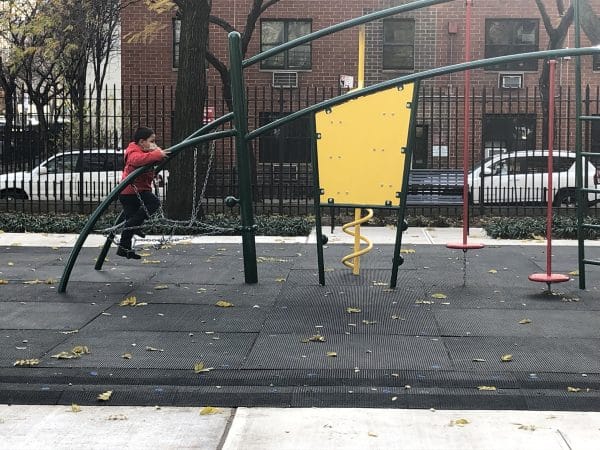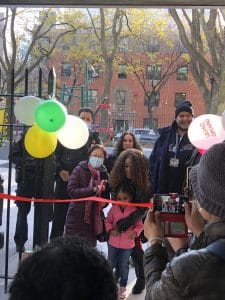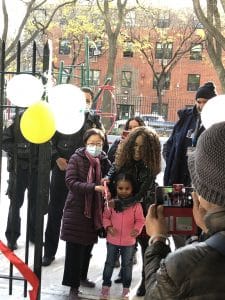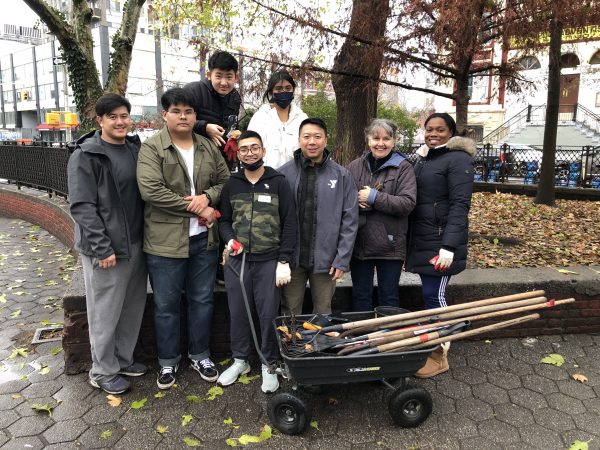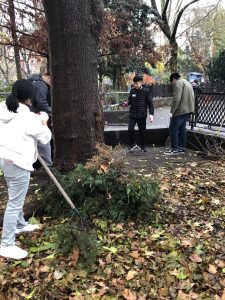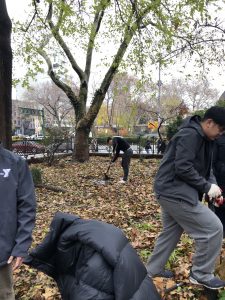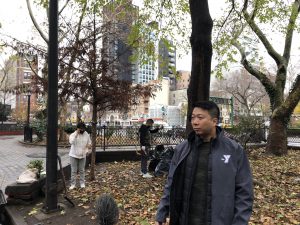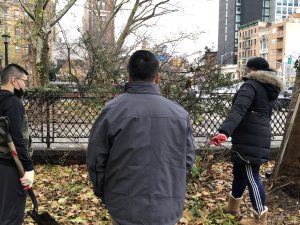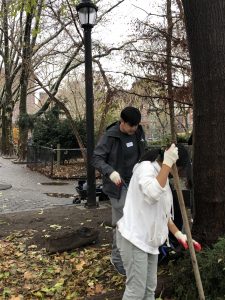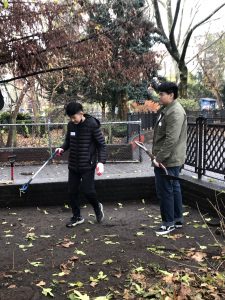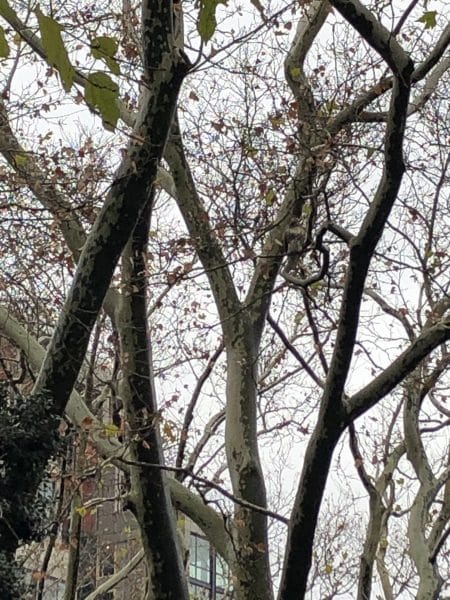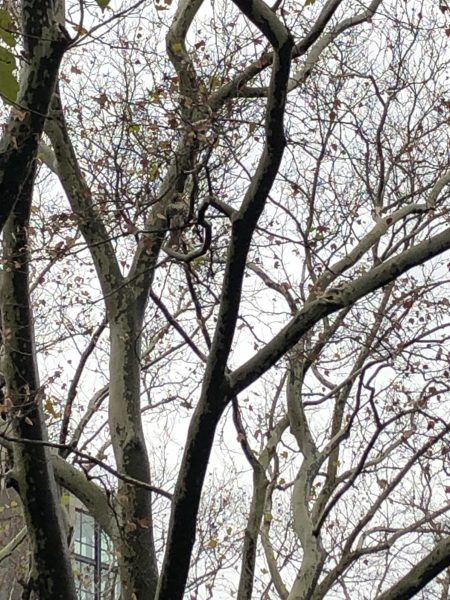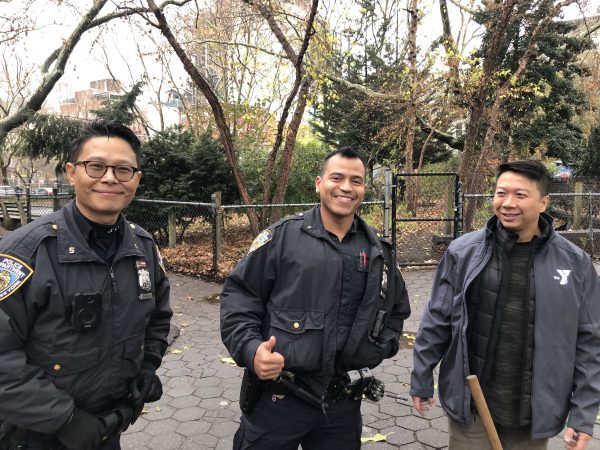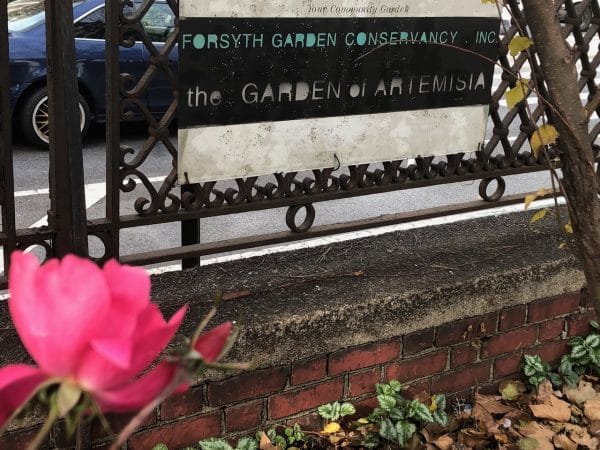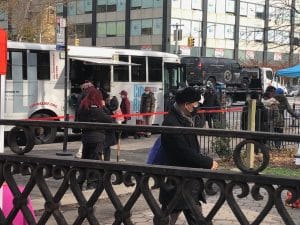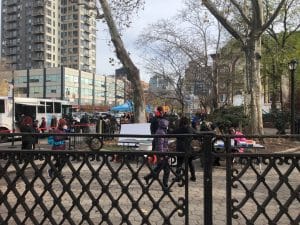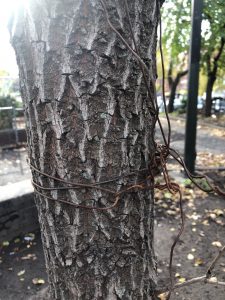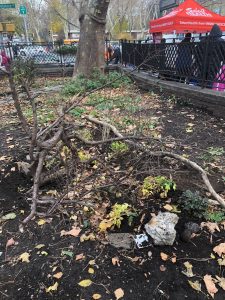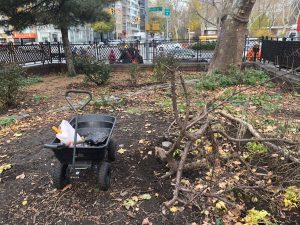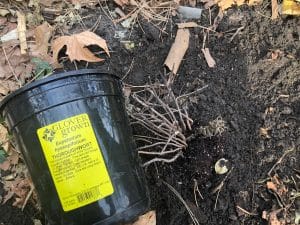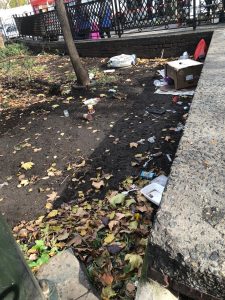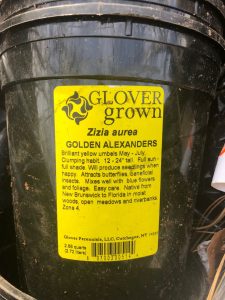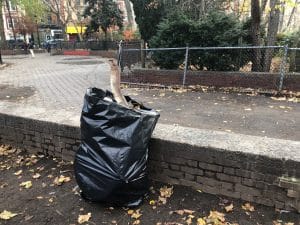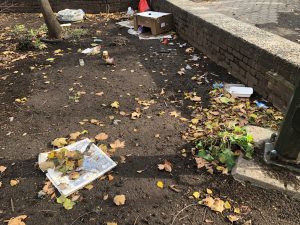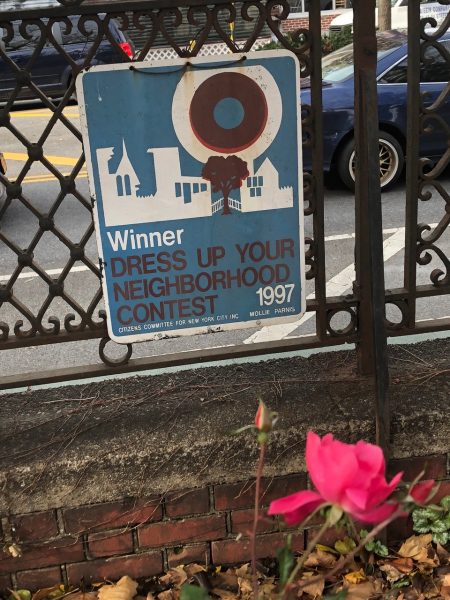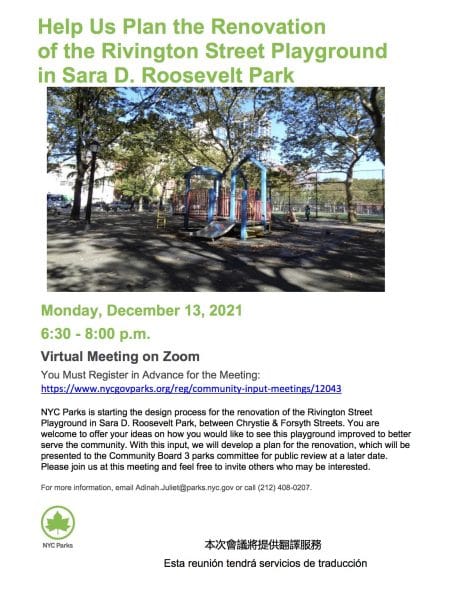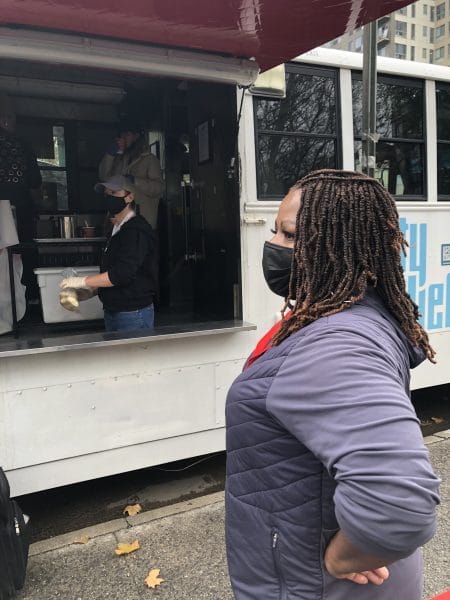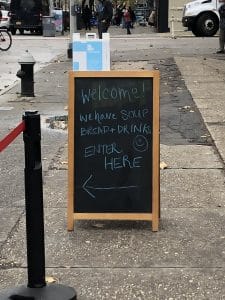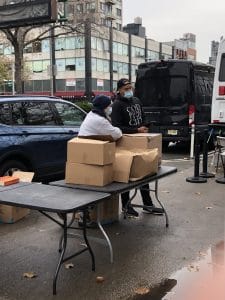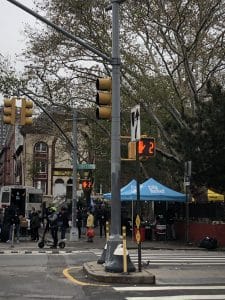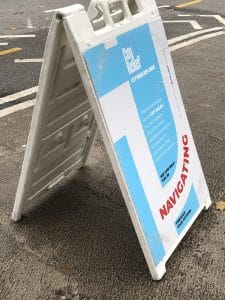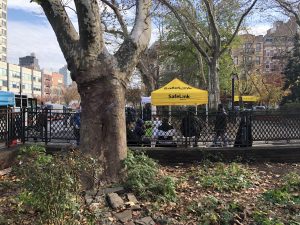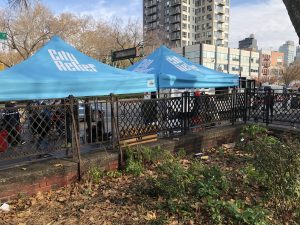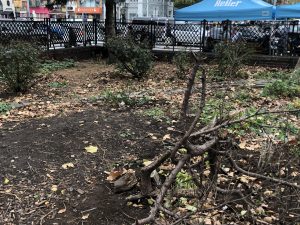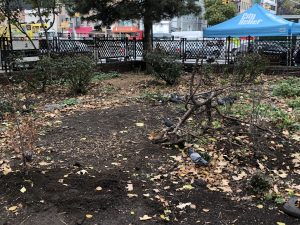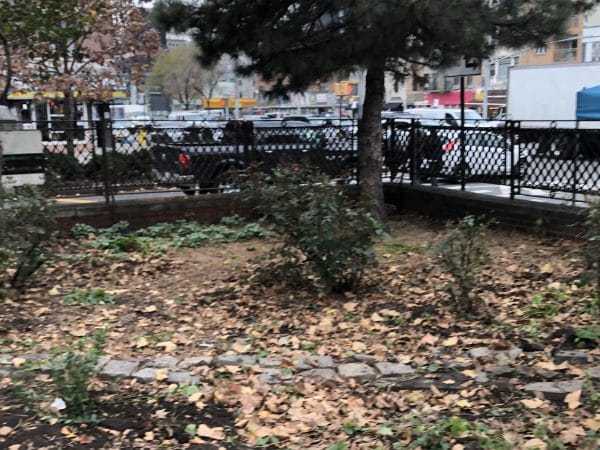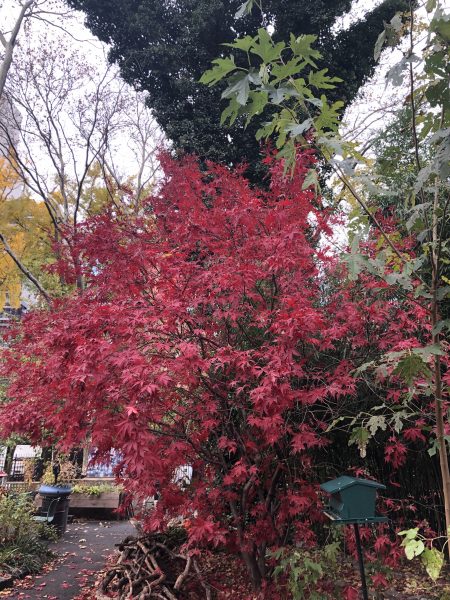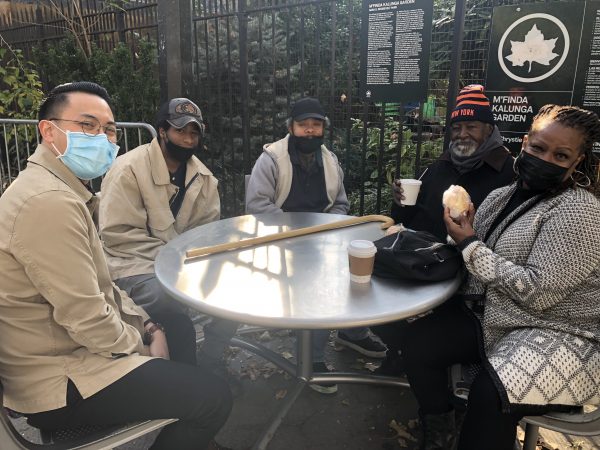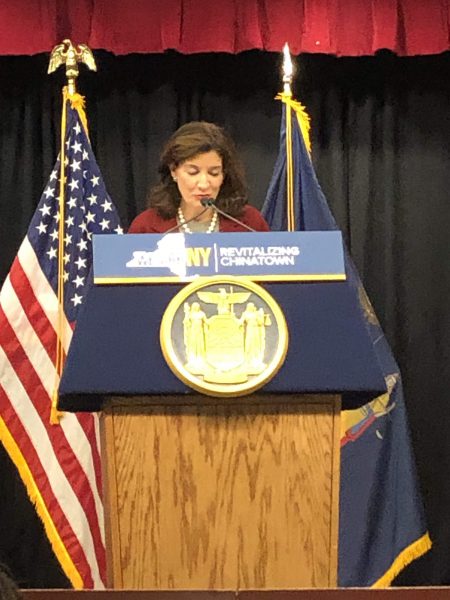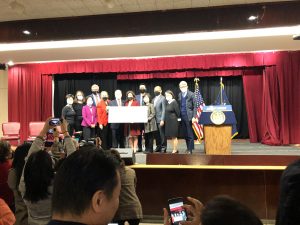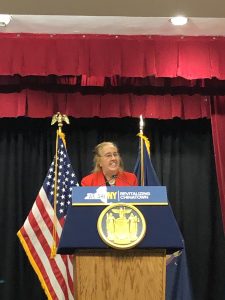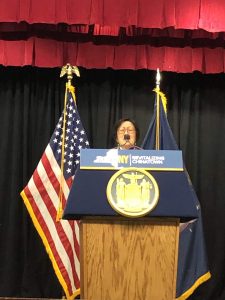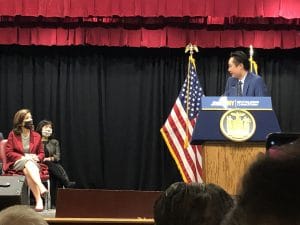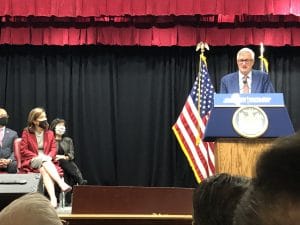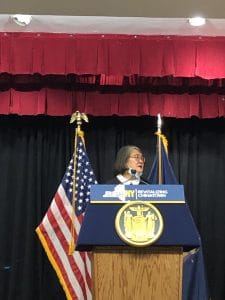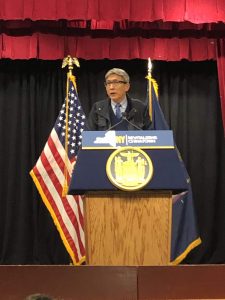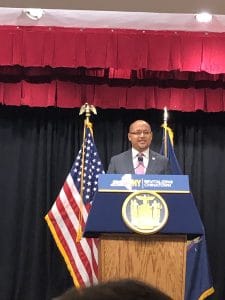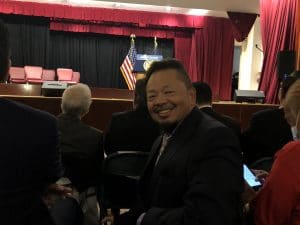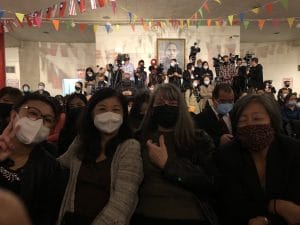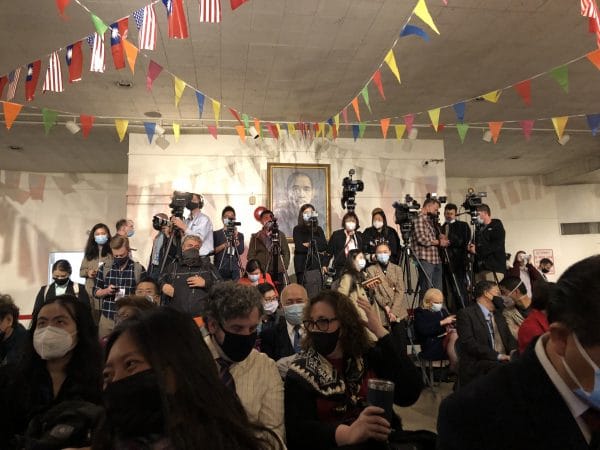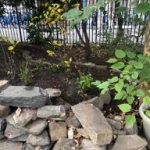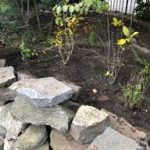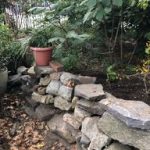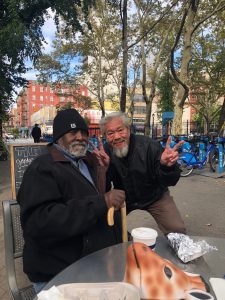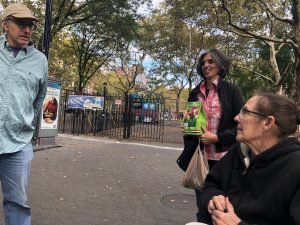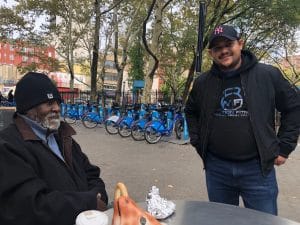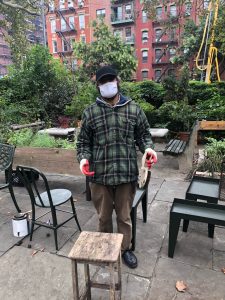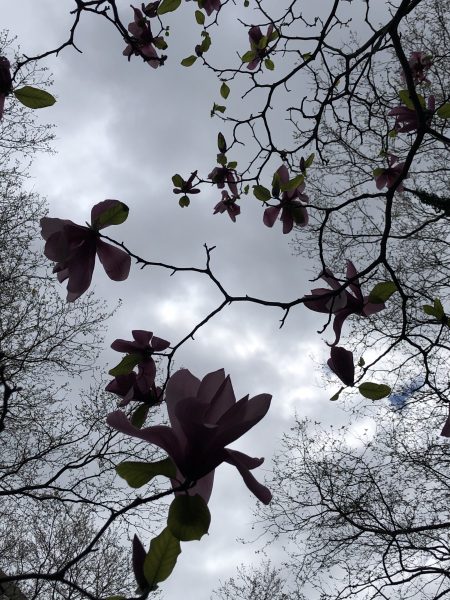From Elizabeth Hardwick. Our beloved bird whisperer.
 The skies above, all foamy froth and wind-whipped cloth, are emptier today,
The skies above, all foamy froth and wind-whipped cloth, are emptier today,
A Wild Air Rider, A Daring Gusty Glider, too soon has gone away,
Quiet now, a dozen harmless doves, strewn thither, in motionless array,
Nearby a wanton pigeon crew, ungrouped, no longer favored prey,
The skies, where lives are earned and lost, are emptier today
The morning sky that day was plentiful of flutter, and sounds of avian bravado,
The local park below was plenty full of loose-knit, pic-nic desperados,
People whom all passers-by leave clear alone and incommunicado,
That all changed; the rag-tags gathered up a Falcon felled, in condition delicado,
They knew his fate was with theirs too, and so spun on, the whirling wheel of fortunado
A neighbor, in his speedy dart, glanced upon the sober Watchmen in the public yard,
Surprised to see their orderly display, he stopped to see what occupied their cart:
The Injured One lay on his back, broken beak agape and wings spread wide apart,
He called me up to say, come help, it’s urgent; suddenly, my mouth contained my heart,
I rushed to see, then meted tasks, instead a Parks clerk halted us, and stepped in to play his part
The skies above looked far away, emptier they were, just another New York day,
Below, the five Rangers of the Park arrived, packed up and Northward drove, the Sky-Born Prey,
The waiting Healer took him in, where many injured birds are saved, a Wild Curandera’s cave,
She saw his plight: the fractured beak, his body mangled from the fight, in useless disarray,
Repair, she sadly knew, could not be gained; so with her power, she made that his last day
Many of the Winged Tribe lose a battle predatory, and wounded, leave the skies,
Flight lost and battle-tossed, they melt into the earth below, a silent, invisible demise;
Many Victors feast on victory’s gain, on their feathery, hard-won prize,
Sated, one more day they live, and in memory of their Vanquished, rise,
The Winner wins, yet bears the loss, an endless toss, of perished birds and those still left alive
The sky, an airy domicile, seems emptier today – a recent fullness passed,
The flier’s highway whirls with wings that come and go, some slow, and others, fast,
How is it some on earth stay long, and some are too quickly gone, myself I ask,
And some live on, like the Falcon-let, who fell to earth that day, and grouped a mis-matched cast
Of strangers who came to help his plight, and then found their hearts and minds bound fast

